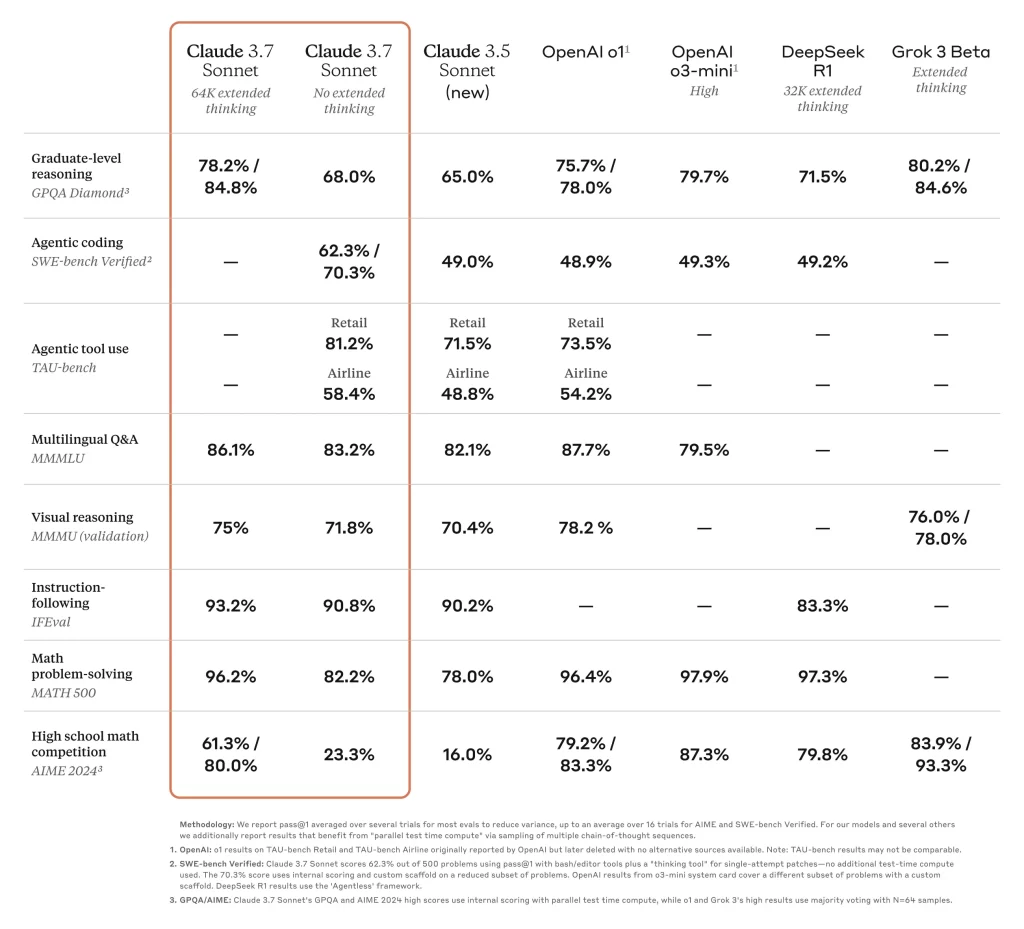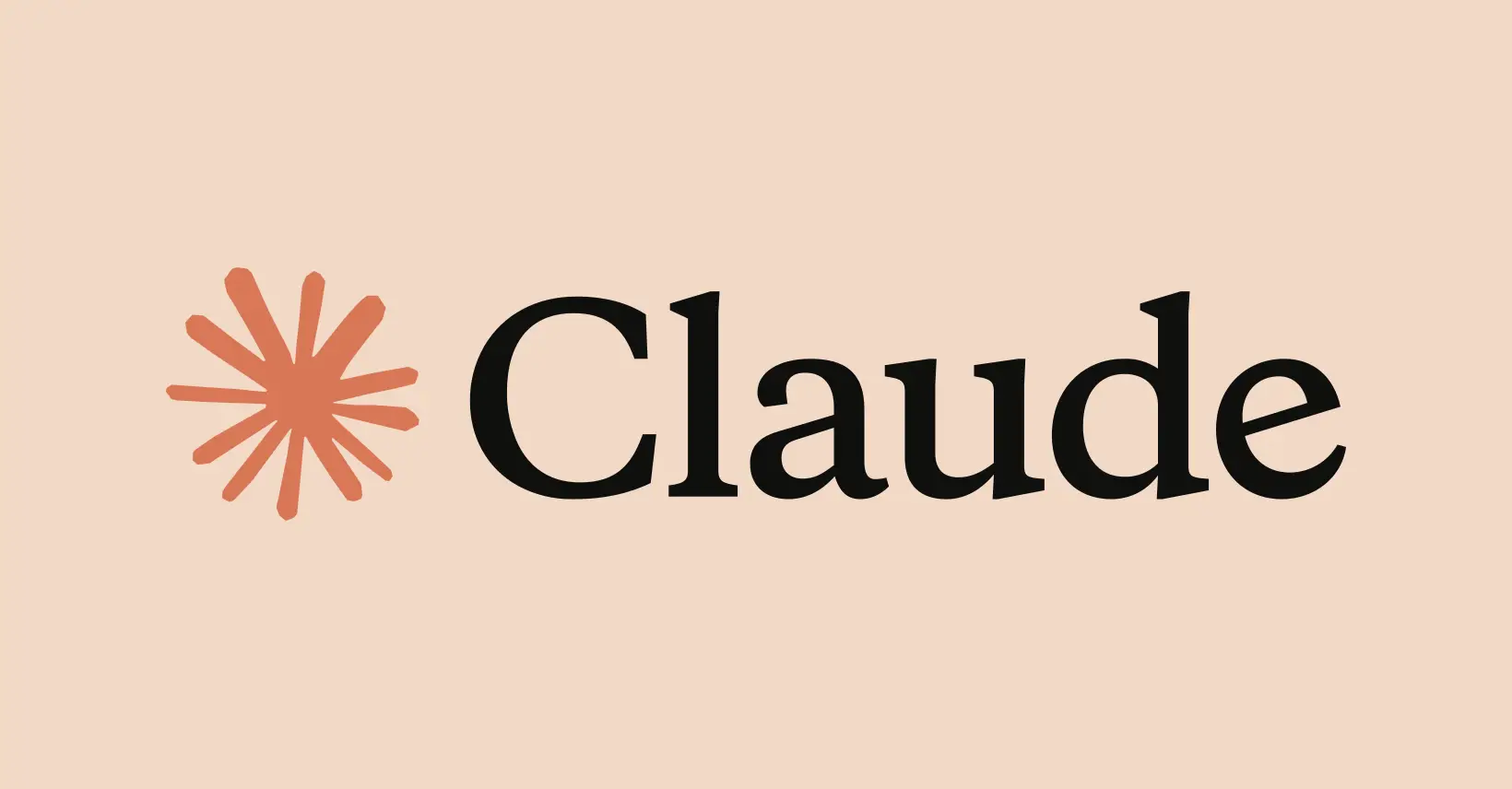Anthropic recently announced Claude 3.7 Sonnet, their most intelligent AI model to date. This groundbreaking release represents the first hybrid reasoning model available on the market. Additionally, Anthropic introduced Claude Code, a new command line tool for agentic coding currently available as a limited research preview. Both innovations mark significant advancements in AI capabilities, particularly in the fields of coding and front-end web development.
What Makes Claude 3.7 Sonnet Unique
Claude 3.7 Sonnet stands out as a hybrid reasoning model that can produce either near-instant responses or engage in extended, step-by-step thinking that remains visible to users. Furthermore, API users gain fine-grained control over the thinking duration of the model. This unique approach reflects Anthropic’s philosophy that reasoning should be an integrated capability rather than requiring a separate model.
In contrast to other reasoning models, Claude 3.7 Sonnet functions as both a standard large language model and a reasoning model in one unified system. Users can therefore choose when they want the model to answer immediately or when they prefer it to think longer before responding.
Extended Thinking Mode Benefits
The extended thinking mode significantly improves performance across multiple domains. For instance, users will notice enhanced capabilities in mathematics, physics, instruction-following, and coding tasks. Moreover, API users can control the budget for thinking by specifying a token limit up to the output maximum of 128K tokens. Consequently, this allows for precise balancing between speed, cost, and answer quality.

Availability and Pricing
Claude 3.7 Sonnet is now available across all Claude plans including:
- Free
- Pro
- Team
- Enterprise
And in external services:
- Amazon Bedrock
- Google Cloud’s Vertex AI
However, it’s worth noting that extended thinking mode is available on all platforms except the free Claude tier. Despite these advanced capabilities, Claude 3.7 Sonnet maintains the same pricing as previous versions: $3 per million input tokens and $15 per million output tokens, including thinking tokens.
Claude 3.7 Sonnet’s Coding Capabilities
Early testing has demonstrated Claude’s leadership in coding capabilities across various domains. Specifically, several technology companies have highlighted its exceptional performance:
- Cursor noted Claude is best-in-class for real-world coding tasks
- Cognition found it superior for planning code changes and handling full-stack updates
- Vercel highlighted its precision for complex agent workflows
- Replit successfully deployed Claude to build sophisticated web apps
- Canva’s evaluations showed consistently production-ready code with reduced errors
Introducing Claude Code
Alongside Claude 3.7 Sonnet, Anthropic has introduced Claude Code, their first agentic coding tool. Above all, this tool empowers developers by functioning as an active collaborator that can:
- Search and read code
- Edit files
- Write and run tests
- Commit and push code to GitHub
- Use command line tools
Although Claude Code is an early product, it has already proven valuable for Anthropic’s internal team. As a result, they plan continuous improvements in the coming weeks, including enhanced tool call reliability, support for long-running commands, improved in-app rendering, and expanded capabilities.
GitHub Integration Enhancements
In addition to these new offerings, Anthropic has improved the coding experience on Claude.ai. Most importantly, their GitHub integration is now available on all Claude plans. This integration enables developers to connect code repositories directly to Claude, making it a more powerful partner for various coding tasks.
Responsible Development
Anthropic has conducted extensive testing and evaluation of Claude 3.7 Sonnet, working with external experts to ensure it meets standards for security, safety, and reliability. Consequently, the model makes more nuanced distinctions between harmful and benign requests, reducing unnecessary refusals by 45% compared to its predecessor.
For transparency, Anthropic has published a detailed system card covering safety results and addressing emerging risks, particularly prompt injection attacks. Additionally, the card examines potential safety benefits from reasoning models, including improved decision-making transparency.
Conclusion
Claude 3.7 Sonnet and Claude Code represent significant advancements in AI systems that can augment human capabilities. With their ability to reason deeply, work autonomously, and collaborate effectively, these tools bring us closer to a future where AI enriches and expands human potential. In summary, these innovations mark an important step in the evolution of AI assistants, particularly for coding and development workflows.
Sources
Sources: Anthropic

